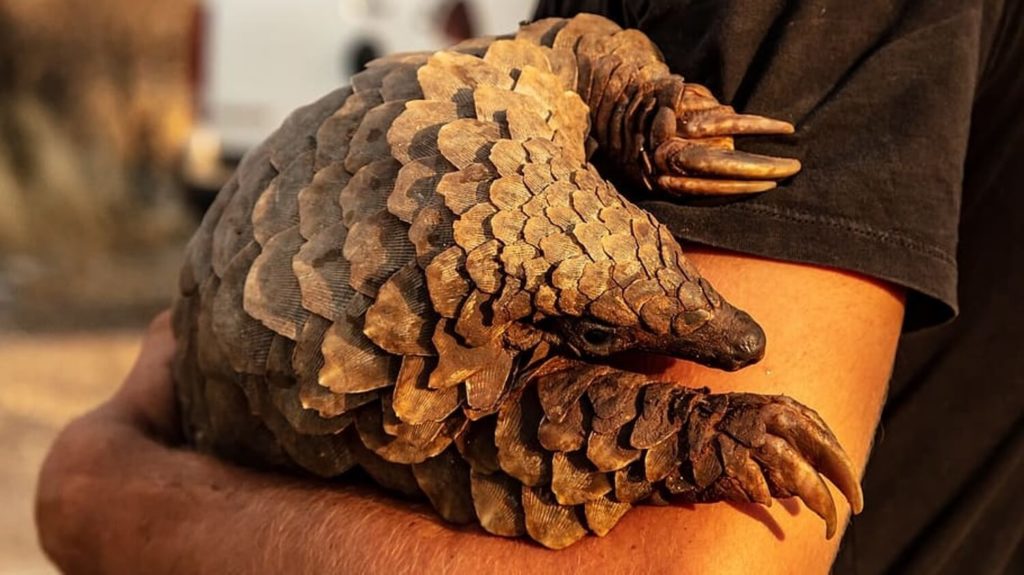The Chinese government announced that it would “severely” punish the illegal hunting or trading of wild animals. The announcement was made in a work report issued in May, as the nation attempts to implement a permanent ban on the trade of wild or exotic animals.
Temporary bans were introduced in January following the coronavirus (COVID-19) outbreak, which many experts believe originated in wild animals. The World Health Organization says: “All available evidence for COVID-19 suggests that SARS-CoV-2 has a zoonotic source.”
Many experts highlight bats, in particular, as a likely source for the virus. It is possible another animal—such as the pangolin—bridged the gap to humans. Early coverage of the coronavirus blamed the pandemic on a seafood market in Wuhan.
The Huanan seafood market sold various exotic meats and wild animals in a designated area, including both bats and pangolins. Wuhan, Shanghai, and several other major cities have already banned all wild animal consumption. Some Chinese provinces also plan to curb wild animal hunting, breeding, and trafficking.
Over the last few months, there has been mounting pressure for China to put an end to its wildlife trade. Last month, the WHO encouraged governments to “rigorously enforce” all bans on the trade of wildlife for human consumption. The WHO also spoke out against reopening wet markets.
“WHO’s position is that when these markets are allowed to reopen it should only be on the condition that they conform to stringent food safety and hygiene standards,” said WHO Director-General Dr. Tedros Adhanom Ghebreyesus.
A number of celebrities—including Courteney Cox, Leonardo DiCaprio, and Ricky Gervais—have also called for a total ban.
The Chinese government has promised new legislation to make the ban on wild animal trading permanent and to enforce it. According to CBS News, Wuhan’s government plans to offer farmers cash incentives to cease the breeding of wild and exotic animals.

Factory Farming and Disease
Much like wet markets and wild animal consumption, factory farming also poses a threat to public health. According to Gregory Gray, an infectious disease epidemiologist, some strains of coronavirus have been identified on pig farms.
Common factors include the crowded living conditions and overuse of antibiotics commonly found in animal agriculture. Studies indicate that 60 percent of all human diseases—and 75 percent of all emerging infectious diseases—are zoonotic.


